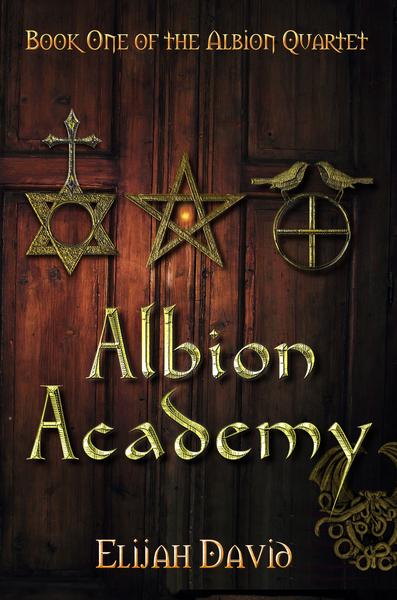Lorehaven Launch: Enter the Book Clubs Coordinator
Have you signed up to become first to know when Lorehaven magazine debuts?
If so, when issue 1 has launched, youâll get the download link. Then you can feast your eyes and imaginations on this landmark publication. Our mission: review and help you find only the best Christian-made fantastical novels, and explore new authors, the lifestyle of a biblical âfanservant,â Roundtable discussions of hot topics, and beyond.
Please pray for our team as we come together for issue 1âand then issue 2, this summer.
Here at SpecFaith, weâve been announcing this crew of Lorehaven fanservants. These include:
Now comes sci-fi-and-steampunk-and-beyond novelist Steve Rzasa, a great friend of biblical truth, fantastical stories, and library service.
For Lorehaven, Steve will coordinate our book club-formation project. It begins with this new Facebook group, where fans of Christian-made fantastical novels can explore these stories in detail together. Weâll also explore new book clubs not just in virtual reality, but in your families, churches, and other groups.

Name, role, and crew
Steve Rzasa is book clubs coordinator for Lorehaven magazine.
Steve has been married to Carrie for 18 years, having met at Boston University at the tail end of the last century. They have two teenage boys, Benjamin and Nathan. Steveâs happy to say they are well versed in their Lutheran beliefs as well as a variety of things geek-related.
Personal log
Steve loves creating stories and artwork to go with them. Sketches help him plan out characters, settings, and scenes. They breathe life into his concepts so he can better depict them on the page.
Steve is also a sci-fi nut who enjoys Star Wars and grew up on Star Trek, and who has inhaled all the cinematic offerings of Marvel and DC. When heâs not binge-watching speculative fiction, he’s reading non-fiction and novels. History is his favorite subject.
Mission
Steve describes himself as a âChristian mutt.â His family raised him nominally Roman Catholic. He didn’t have much to do with religion outside the church walls during high school or college until he met his wife, and she reintroduced him to Christ.
Steve spent those college years with the Chi Alpha Christian Fellowship, attending an Assemblies of God church. After they graduated and got jobs in Maine, they settled on a conservative independent fundamentalist Baptist church that was a wonderful home for 7 years. Upon moving to Wyoming, they found the gospel best being preached at a church belonging to the Lutheran Church-Missouri Synod, which is where he and his family have been since 2008.
Steve believes the gospel is the best hope for humanity. The more he learns about the world and what other faiths teach, the more the Holy Spirit convicts him of that truth.
 New worlds
New worlds
Steveâs favorite authors include, in no particular order, David Drake, David Webber, Timothy Zahn, Kerry Nietz, Max Brooks, Robert Heinlein, Christopher Walley, Alyson Peterson, Kirk Outerbridge, and Kathy Tyersâand too many more to list here.
Lately Steve has added near-future sci-fi to his favorites (for a while, he preferred exclusively space opera) as well as some modern-day suspense novels and the occasional historical fiction. As for themes, he prefer stories in which the good guys win, or at least, which end with the hope of heroes triumphing. (Steve considers the real world so dark and gloomy that he prefers fiction with happy endings.)
As for his own work, Steve has written space opera, near-future sci-fi, and fantasy. His stories have grand starship battles, epic contests of strength and magical skill, and high-speed adventure. What they all have in common, though, is the supremacy of God and gospel, whether or not Christianity is explicit in the story. Most have at least one, if not several, Christian characters.
Home base
You can find Steve at SteveRzasa.com, which is primarily a holding page for his book links. He does most of his correspondence and news on Facebook and on Twitter @SteveRzasa.
Love to read Christian fantastical novels? Love to explore them in detailâvirtually and perhaps in real life? Then you can join the Lorehaven Book Clubs group! And watch for more news about book clubs and beyond as Lorehaven Issue 1âs release date draws nigh.



































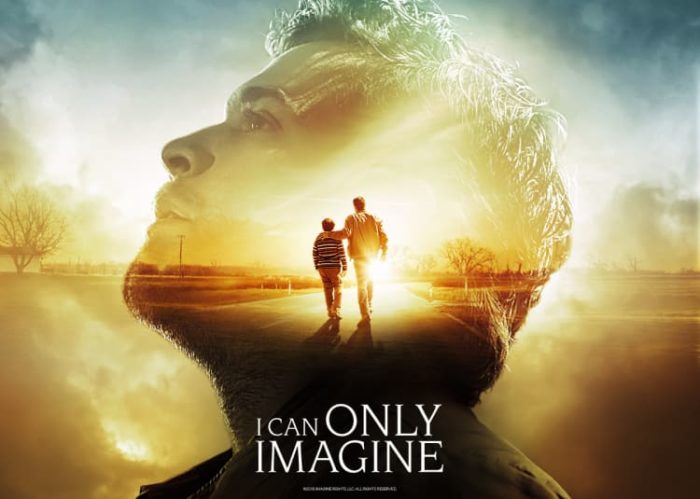
 Some Christian writers, I suspect, hold the belief that stories should primarily serve as examples, which in turn reinforce the truth of Scripture. I like those stories and I think they can be an encouragement to believers. Take, for example, the true story, made into a movie, about Bart Millard, lead singer for the band MercyMe, and what brought him to write the popular song “I Could Only Imagine.” I find his story inspiring, encouraging. It strengthens my faith.
Some Christian writers, I suspect, hold the belief that stories should primarily serve as examples, which in turn reinforce the truth of Scripture. I like those stories and I think they can be an encouragement to believers. Take, for example, the true story, made into a movie, about Bart Millard, lead singer for the band MercyMe, and what brought him to write the popular song “I Could Only Imagine.” I find his story inspiring, encouraging. It strengthens my faith.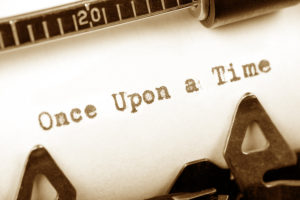 Actually, I think those are exactly the kind that Christians should write for the questioning world—not treatises defending our faith, but stories about people who living in this world that is filled with ideas and ways of doing things that call into question the things Christians believe, that the Bible teaches.
Actually, I think those are exactly the kind that Christians should write for the questioning world—not treatises defending our faith, but stories about people who living in this world that is filled with ideas and ways of doing things that call into question the things Christians believe, that the Bible teaches. These ideas and many more contribute to a worldview that infiltrates our books and movies. And where are the stories challenging or questioning them?
These ideas and many more contribute to a worldview that infiltrates our books and movies. And where are the stories challenging or questioning them?






 Epic fantasy is Austin’s first fiction love. He cut his teeth on Brian Jacques’ Redwall series, then encountered The Lord of the Rings at age twelve. As soon as he turned the last page, he began it again, in awe of a secondary world so vast and deep that it overspilled his memory.
Epic fantasy is Austin’s first fiction love. He cut his teeth on Brian Jacques’ Redwall series, then encountered The Lord of the Rings at age twelve. As soon as he turned the last page, he began it again, in awe of a secondary world so vast and deep that it overspilled his memory.
 Is reading to escape OK? Is it all right to look for a reading experience that “won’t change you” but is enjoyable—in other words, to read just for fun? So asked a commenter on another post recently. In that particular article, our guest blogger said, “Reading books is a waste of time if you donât let them change you.”
Is reading to escape OK? Is it all right to look for a reading experience that “won’t change you” but is enjoyable—in other words, to read just for fun? So asked a commenter on another post recently. In that particular article, our guest blogger said, “Reading books is a waste of time if you donât let them change you.”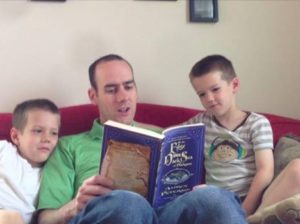 Of course reading stories, does not mean we automatically accept for ourselves the worldview of the main character. But it’s hard to ignore the fact that we become like those we hang with. So the characters we respect, admire, cheer for, do have an influence on us, if for no other reason than that we are spending so much time with them.
Of course reading stories, does not mean we automatically accept for ourselves the worldview of the main character. But it’s hard to ignore the fact that we become like those we hang with. So the characters we respect, admire, cheer for, do have an influence on us, if for no other reason than that we are spending so much time with them.
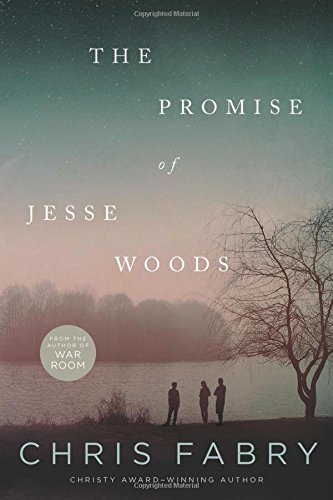



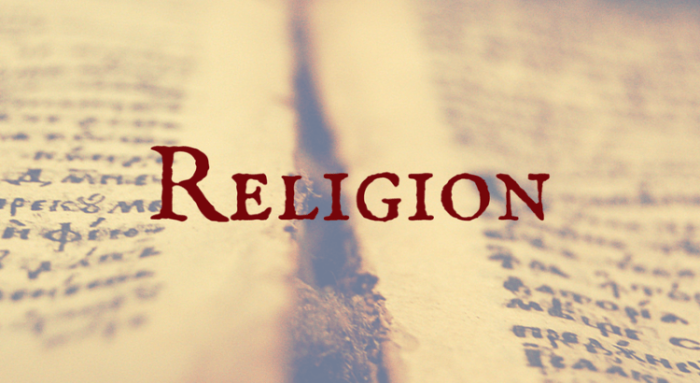
 Basically there can be no categories as âreligiousâ art and âsecularâ art, because all true art is incarnational, and therefore âreligiousâ.
Basically there can be no categories as âreligiousâ art and âsecularâ art, because all true art is incarnational, and therefore âreligiousâ.

